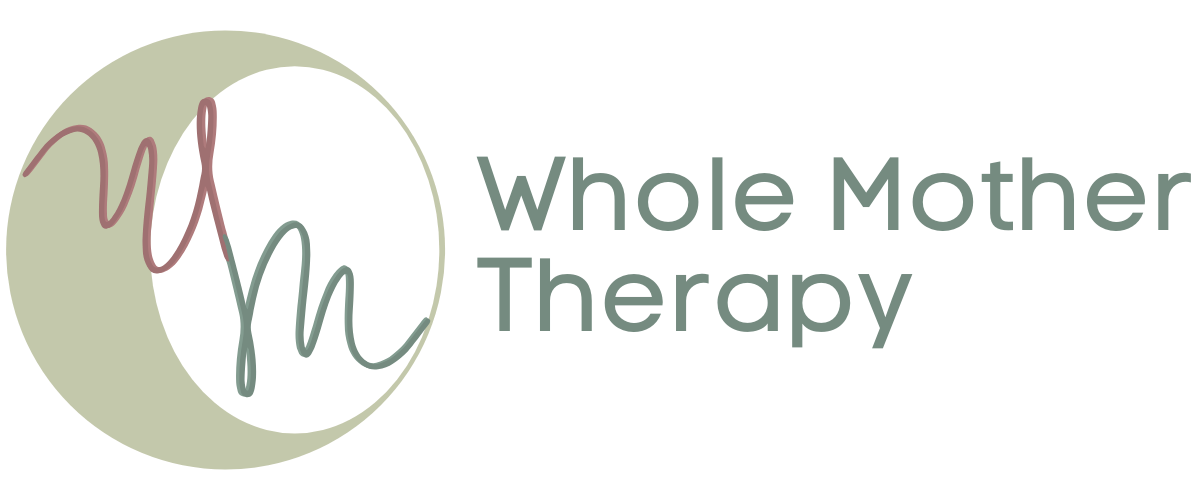How an 80s Song Helped Reclaim My Cultural Identity
In Pilates class today, I was really struggling to stay present and focused. The teacher had on an ’80s playlist, which I normally love. I don’t remember what song it was, but I was hit by an overwhelming sense of sadness, like I wanted to break down and cry right then and there.
And it hit me, as I lay on my mat doing ridiculous Pilates exercises while listening to some ubiquitous ’80s song, that growing up Iranian in a dominant culture so different from the micro-nucleus of my immediate family meant that I had lost connection to an entire pop culture of my birthland. I felt sadness for having lost the opportunity to grow up with Iranian influences, slang, and ritual that would define me as Iranian. Suddenly I felt lost and hopeless, an intensification of an unmoored feeling I’ve been struggling with a lot lately.
How Cultural Identity Shapes a Sense of Self in Dominant Culture
I’ve spent a lot of time thinking about identity, how I’ve been shaped, and where I fit in and belong. Growing up, I didn’t want to belong to the Iranian community. I didn’t want to be Iranian, as it set me apart too much from the dominant culture. It was always strange and required so much education and explanation: no, Iranians are not Arabs; no, I don’t speak Arabic, we speak Farsi in Iran; yes, Persians are Iranians; no, Iran is not the same as Iraq. The list goes on and on.
It just seemed easier to allow myself to blend in, and except for the glaring obviousness of my name, for the most part I could, and still can, blend in. I look white, maybe Greek or Italian, but, you know, those are cool countries to be from. Not like Iran, which has been classified as a terrorist country since the hostage crisis in 1979-81 and then, post-9/11, got lumped into the Bush Administration’s “axis of evil.”
So as a child, and then as an adolescent and young woman, I learned to identify with U.S. history and culture. I fancied myself a hippie, immersed myself in the literature and music of American pop culture. I identified with the white, Western concept of individualism, distancing myself more and more from my heritage and ethnicity — all in the service of trying to white wash myself. But deep in my bones and blood, I never felt like I belonged. I always felt like an impostor pretending to try and fit in.
In my 30s, I’ve tried to embrace my culture and heritage more. I envy Iranians my age or younger who identify more with their Iranian background and speak more fluent Farsi than I. I feel as if they have something that I’m missing, and this breaks my heart. I think this is part of what living in a dominant culture other than the one you were born into demands, part of what white culture demands: a complete surrender of your complex identity so you can fit in and look normal within the confines of that society’s perspectives on race, gender, and socio-cultural norms. It constrains the soul and forces the individual to construct a false sense of self just to survive.
As an adult, I spend a lot of time trying to break down the self-imposed constraints that I created based on the white dominant culture of my surroundings. I spend a lot of time working on connecting to and exploring the parts of me that have been shoved aside because it was too scary or dangerous to acknowledge and embrace them. Whatever one’s views of assimilation and its value, there is always a personal cost, often a steep one, that needs to be honored and addressed.
One of the things I offer as a therapist is this nondualistic perspective on identity so we can explore how dominant cultures impact the ways in which we self-identify internally and collectively.
Let’s talk.
We would love to connect with you.

